Another week begins and as Christmas slowly approaches, the crazy news that has been flooding the internet for the past months is gradually decreasing. Fortunately, however, even the second week of December is not completely short on news, so we have prepared for you another summary of the most interesting curiosities that you should know about as true technology enthusiasts. Fortunately, this time it will not involve any moral lapses of large companies, nor fascinating discoveries in space. After a long time, we will return to Earth for the most part and see how humanity has advanced technologically on our home planet.
It could be interest you
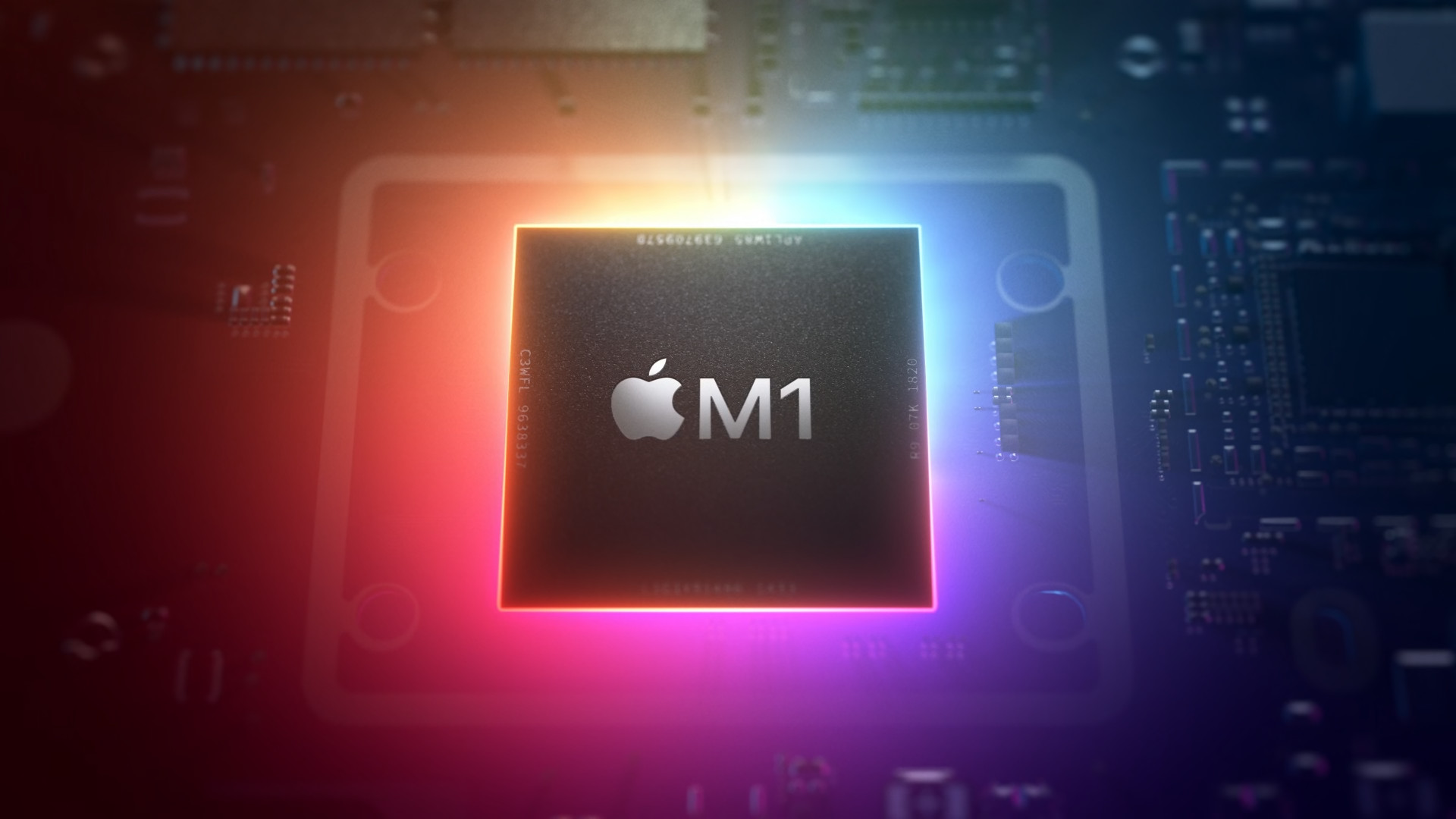
California partners with Apple and Google. He wants to streamline the tracing of the infected
Although the title might not seem like groundbreaking news, in many ways it is. Tech giants have been fighting politicians for quite some time now, and rarely do these two opposing sides come to each other's aid. Fortunately, the coronavirus pandemic contributed to this glorious result, when the state of California turned to Google and Apple to help the two companies to make it more efficient and faster to trace those infected with the disease of COVID-19. However, it should be noted that the system is strikingly similar to our domestic eRouška application and actually works on a similar principle.
When Bluetooth is turned on, the phones share the most necessary information about the status of the person in question, fully anonymously. So there is no need to worry about unwanted effects such as revealing too much information or perhaps data leaks. Even so, a number of vocal critics spoke up, who do not agree with the move and consider the cooperation of two technological giants and the government to be a betrayal of ordinary citizens. Even so, this is a great step forward, and although it took the United States a while, even this great power may eventually see the point in a similar route and, above all, relief to the overburdened healthcare system.
The first solar road in the United States. Charging electric cars on the go has become a reality
A few years ago, although most car lovers and big players looked at the arrival of electric cars with great distrust and disdain, this resistance gradually grew into admiration and finally mass adaptation to the new challenges of modern society. It is also for this reason that not only politicians, but also car companies all over the world have been involved in technological projects that combine the typical car industry with innovative solutions. And one of them is a solar road that can absorb sunlight and turn it into energy, which can power electric cars on the go without having to constantly stop for recharging.
Although this is not a completely new concept and a similar project was created a few years ago in China, it ultimately ended in failure, and at that time most skeptics slyly laughed at everyone who believed in this technology. But the cards are turning, humanity has gradually developed and it turns out that the solar road does not sound as crazy and futuristic as it might seem. Behind the entire infrastructure is the company Wattway, which invented a way to integrate smart solar panels directly into the asphalt, thus ensuring an undisturbed surface that also offers a sufficiently large charging area for somewhat more "voracious" electric cars. All that remains is to cross our fingers and hope that other states and countries will be inspired quickly.
It could be interest you
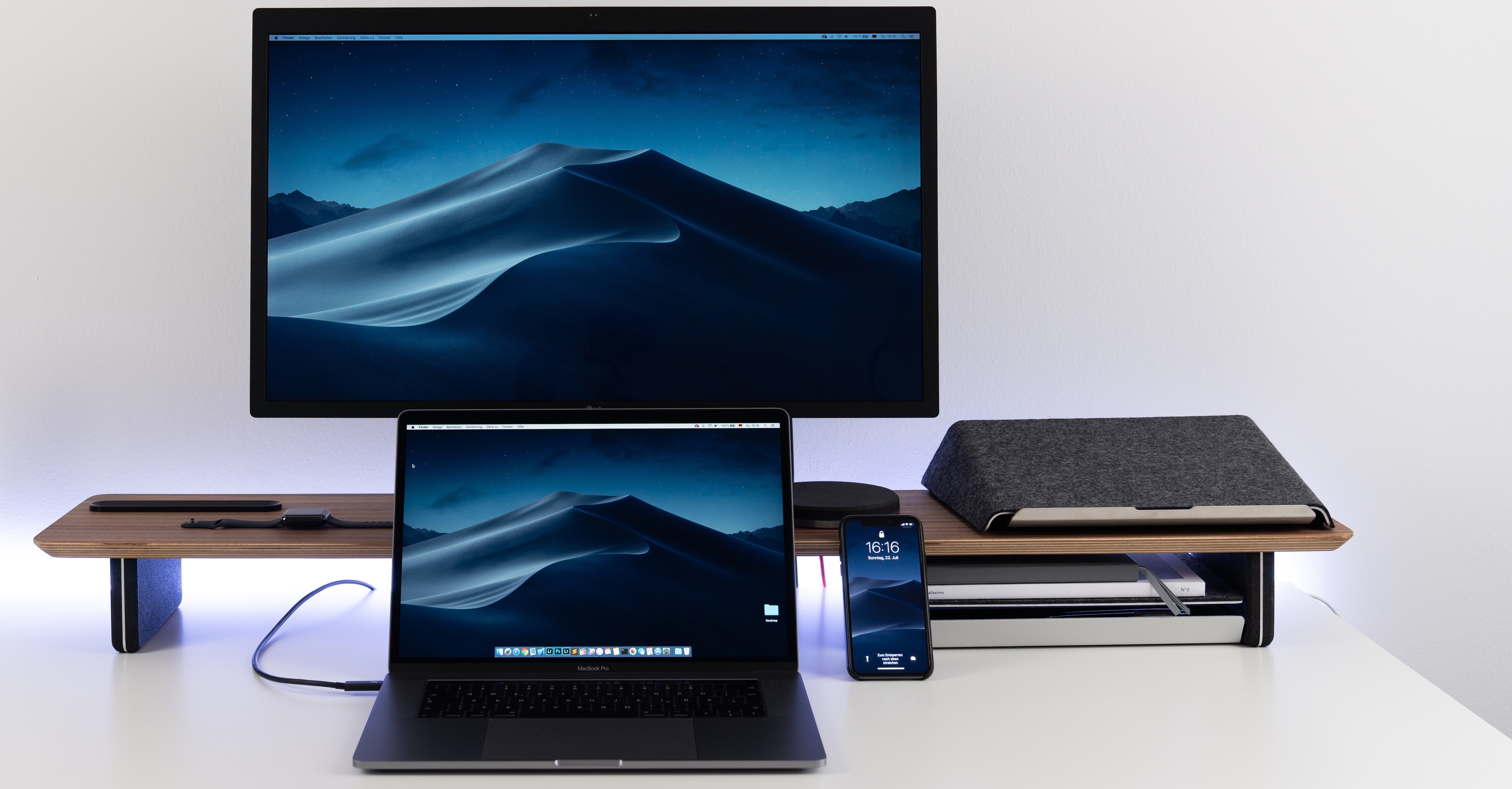
The Falcon 9 rocket prepared another trip. This time she parked at the International Space Station
It wouldn't be the right start of the week if we didn't have some interesting space trivia here. Once again, we have the space company SpaceX in the lead, which probably set itself the goal of breaking the space flight record in one year. It sent another Falcon 9 rocket into orbit, which aimed to launch a special module, which then successfully autonomously "parked" near the International Space Station. But make no mistake, the rocket didn't make the trip into orbit for nothing. It had a whole galaxy of supplies for astronauts and special equipment for research on board.
Specifically, the rocket also took on board special microbes that will help scientists determine whether fungi can survive in space, or a test kit for detecting the disease COVID-19, primarily used to research another potential vaccine. After all, the laws change a bit "up there", so there's a good chance that scientists will come up with some breakthrough discovery. In any case, this is probably far from the last space trip. According to the statements of Elon Musk and the entire SpaceX company, it can be expected that similarly frequented flights will also take place next year, especially if there is at least a slight improvement in the situation. Let's see what the visionary has in store for us.
The Falcon 9 booster has landed on the Of Course I Still Love You droneship pic.twitter.com/cNL6t0LQ0g
- SpaceX (@SpaceX) December 6, 2020
It could be interest you



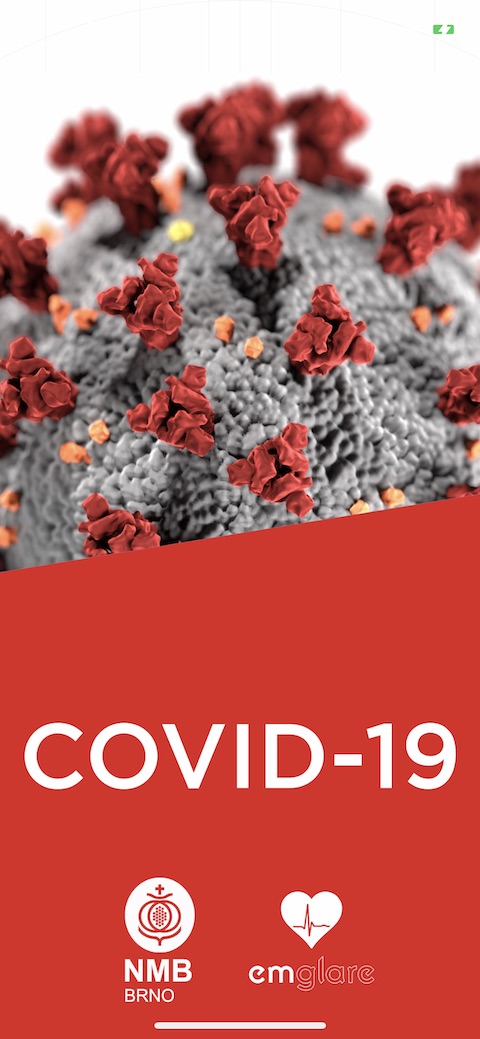
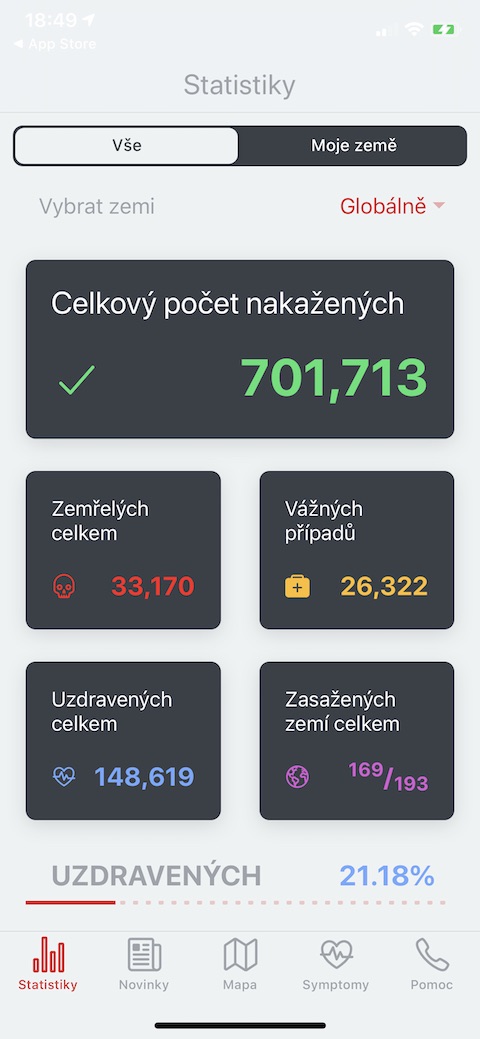

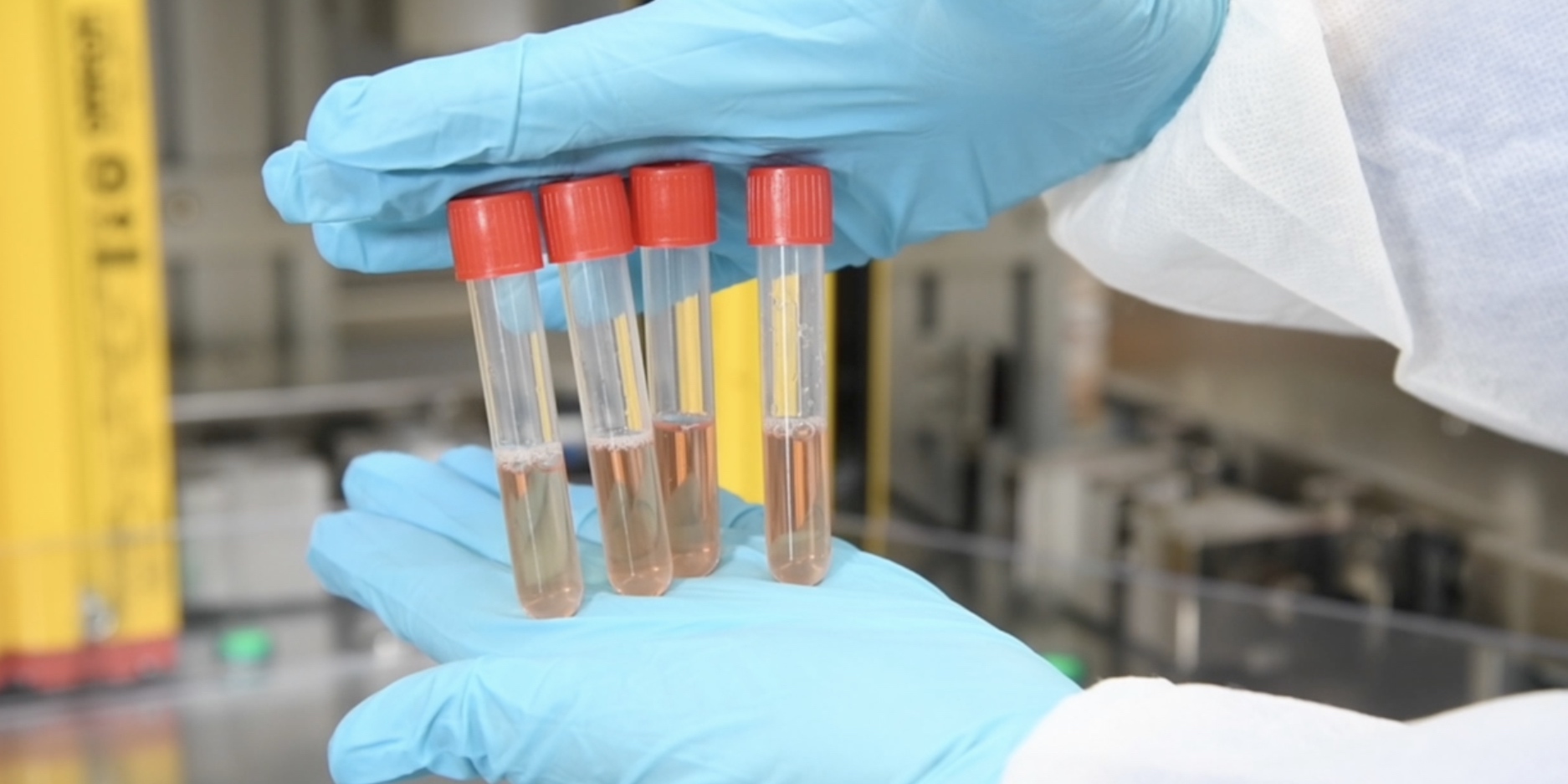
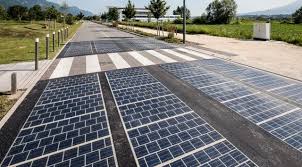
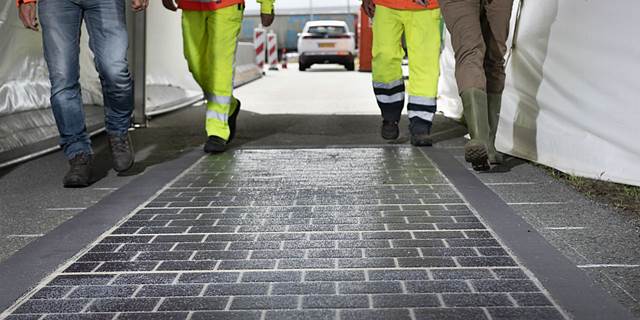
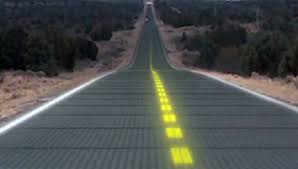
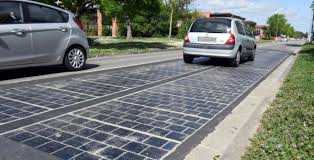
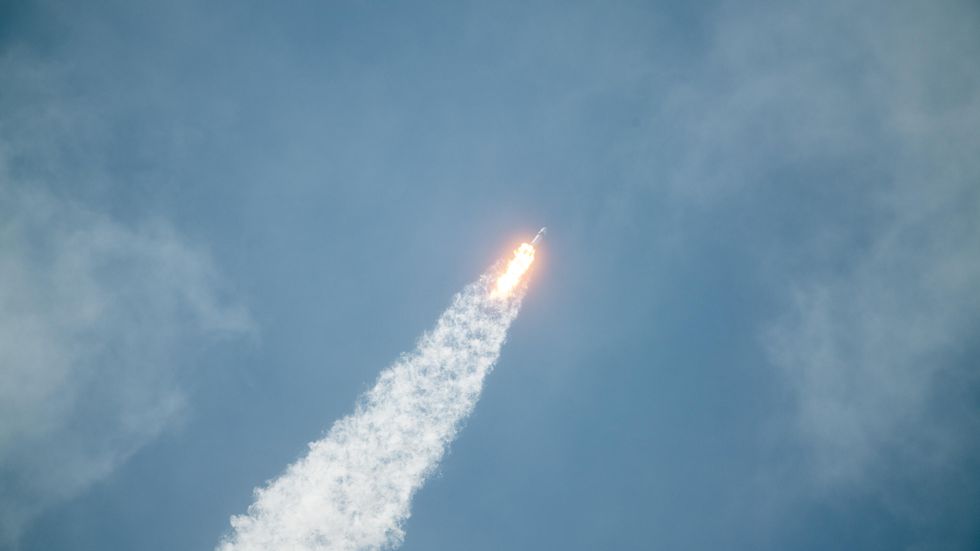
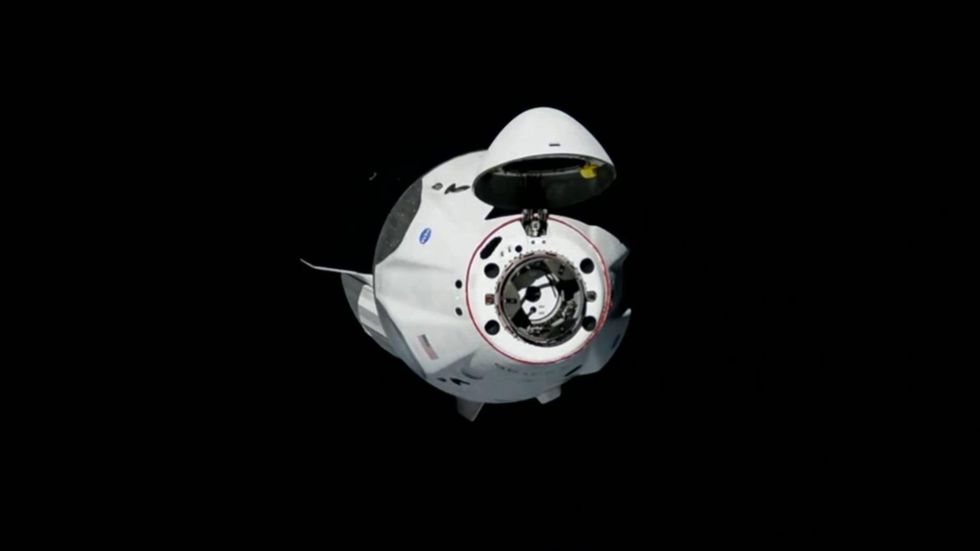
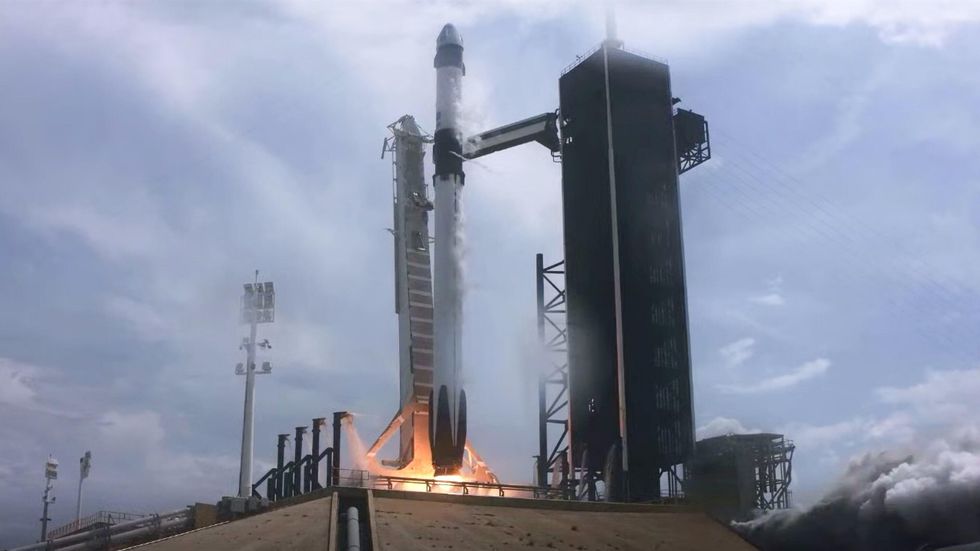
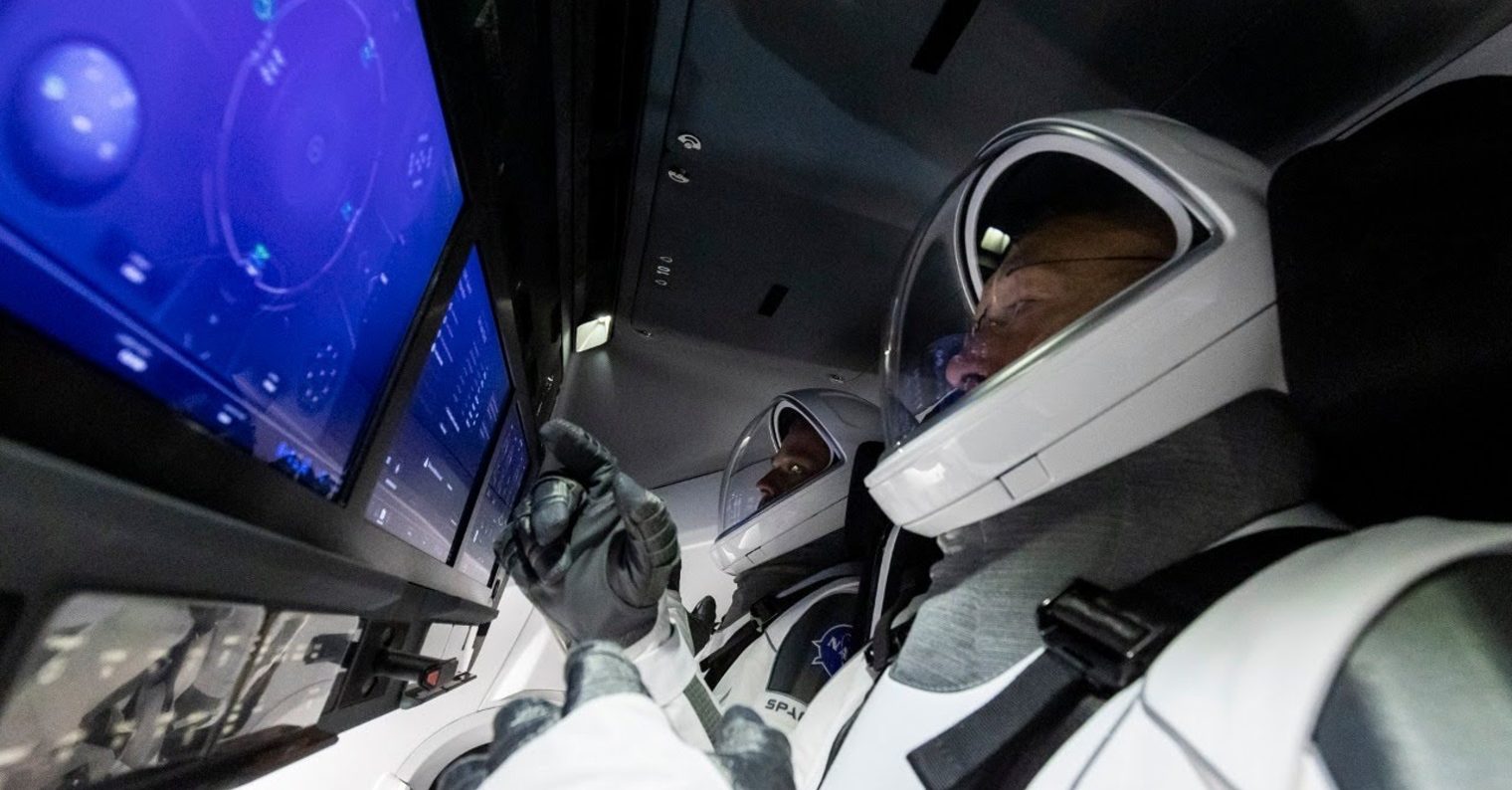
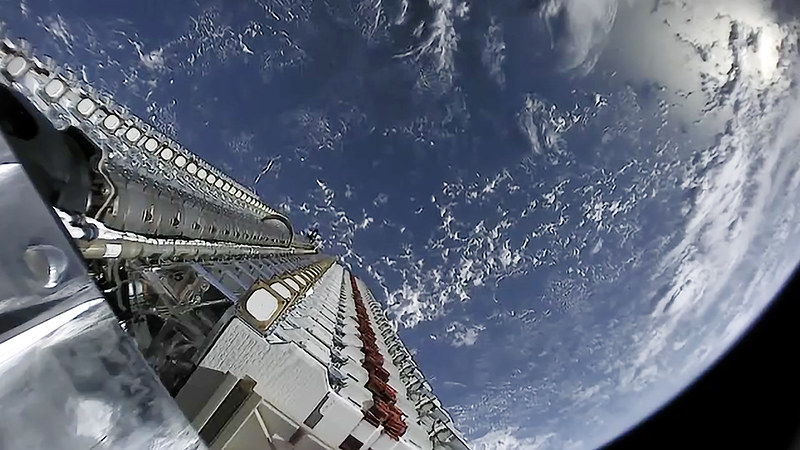
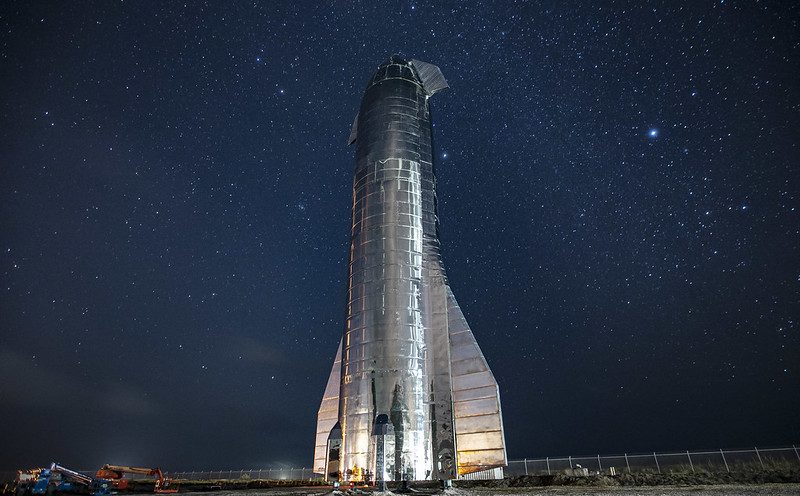
Who the hell wrote that? "However, it should be noted that the system is strikingly similar to our domestic eRouška application and actually works on a similar principle."
Erouska 2.0 and higher uses exactly this API from Google and Apple.